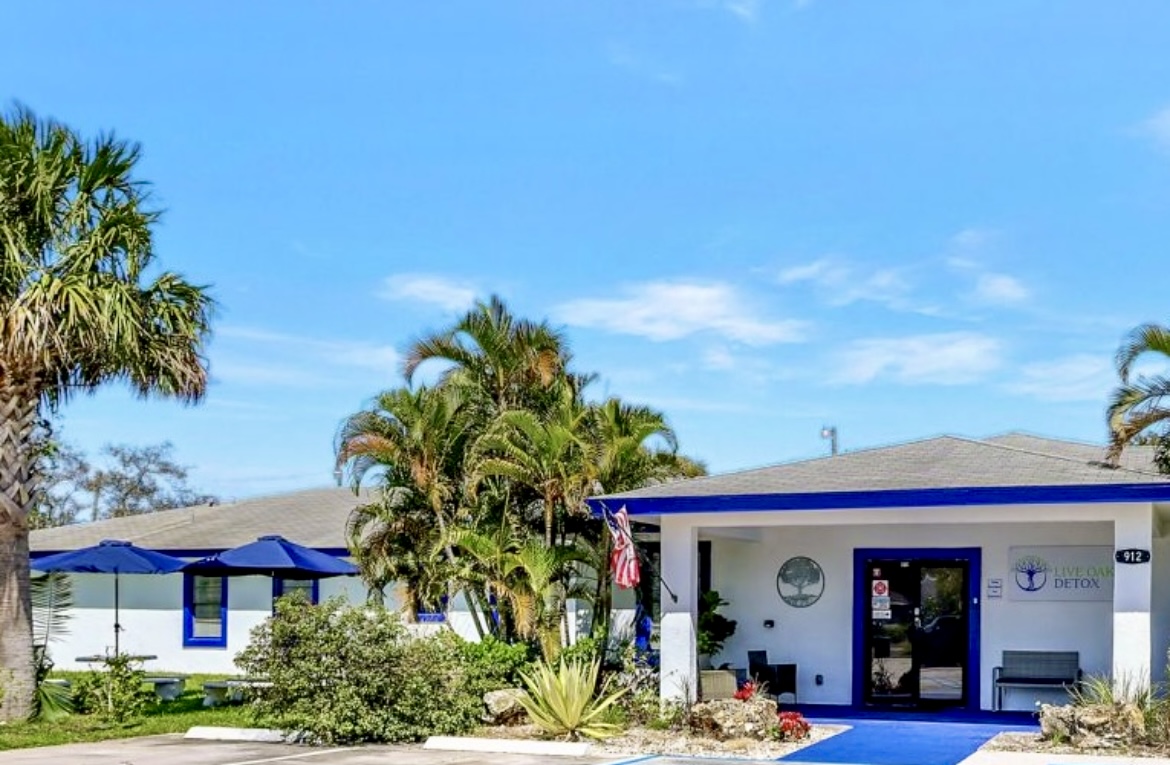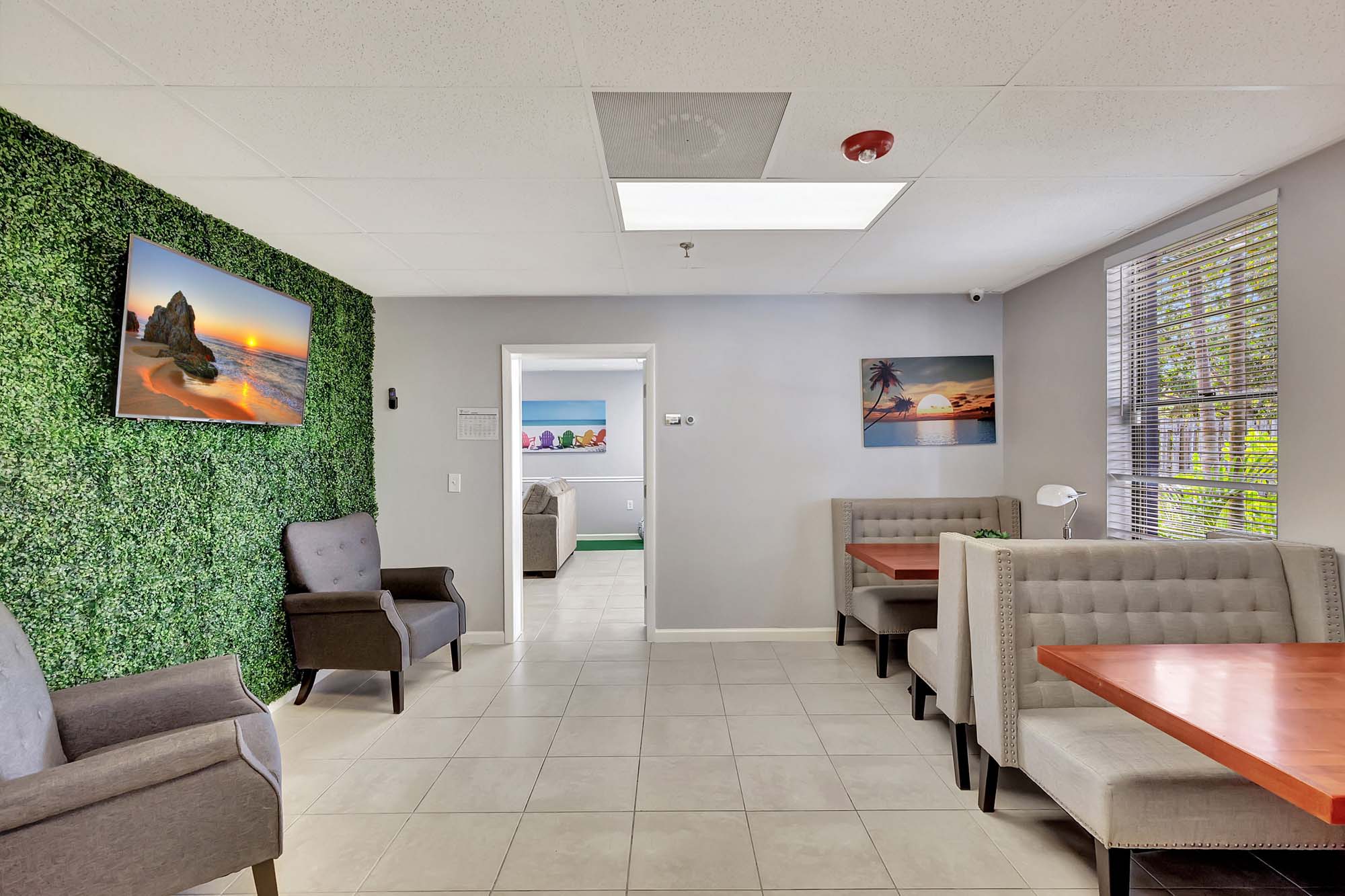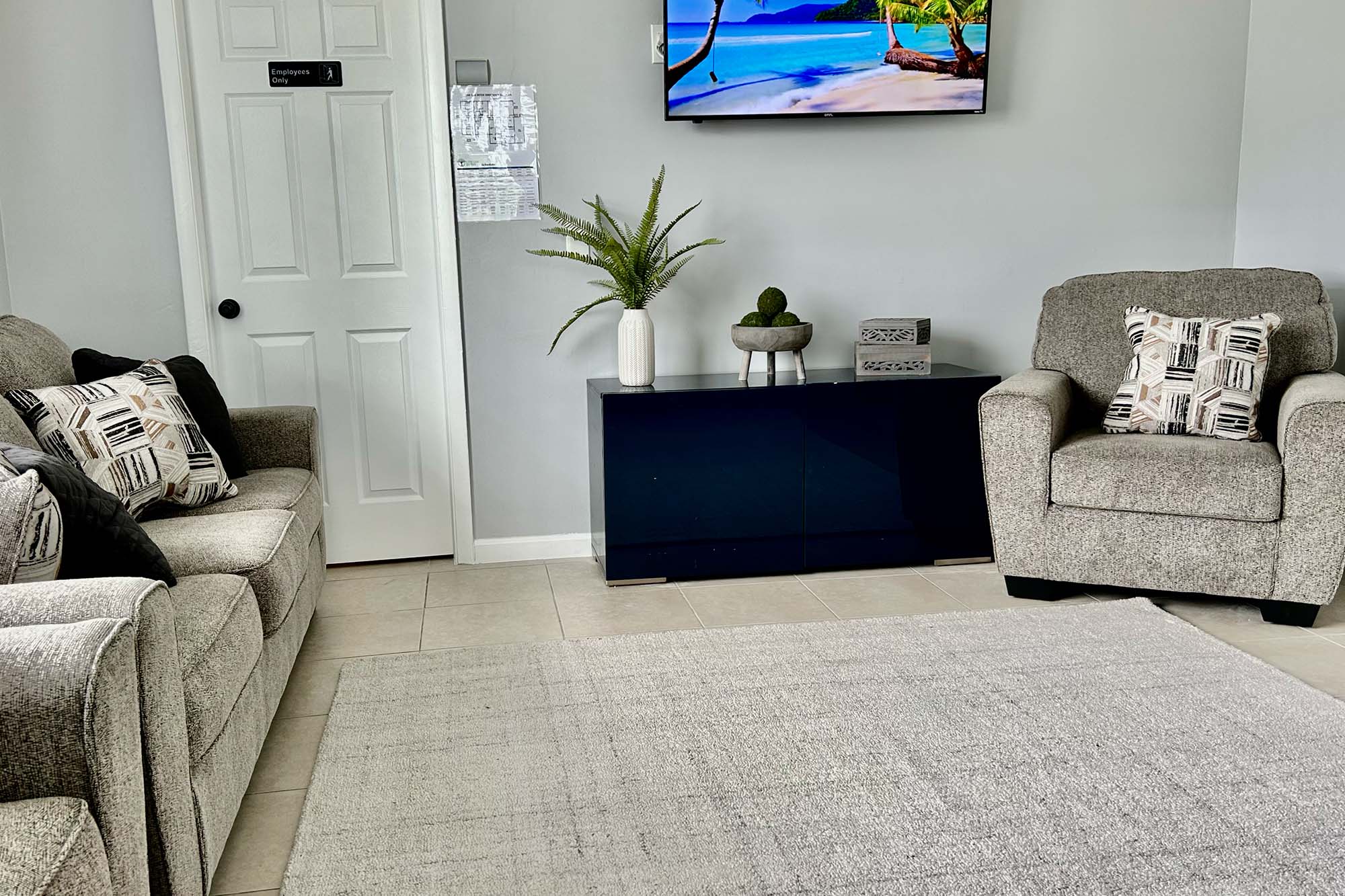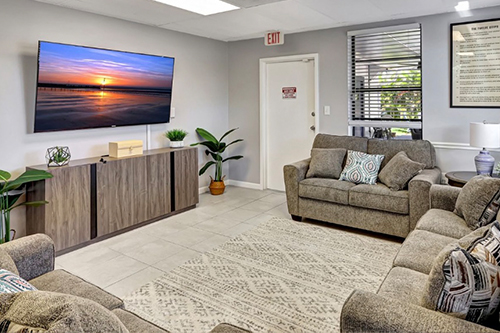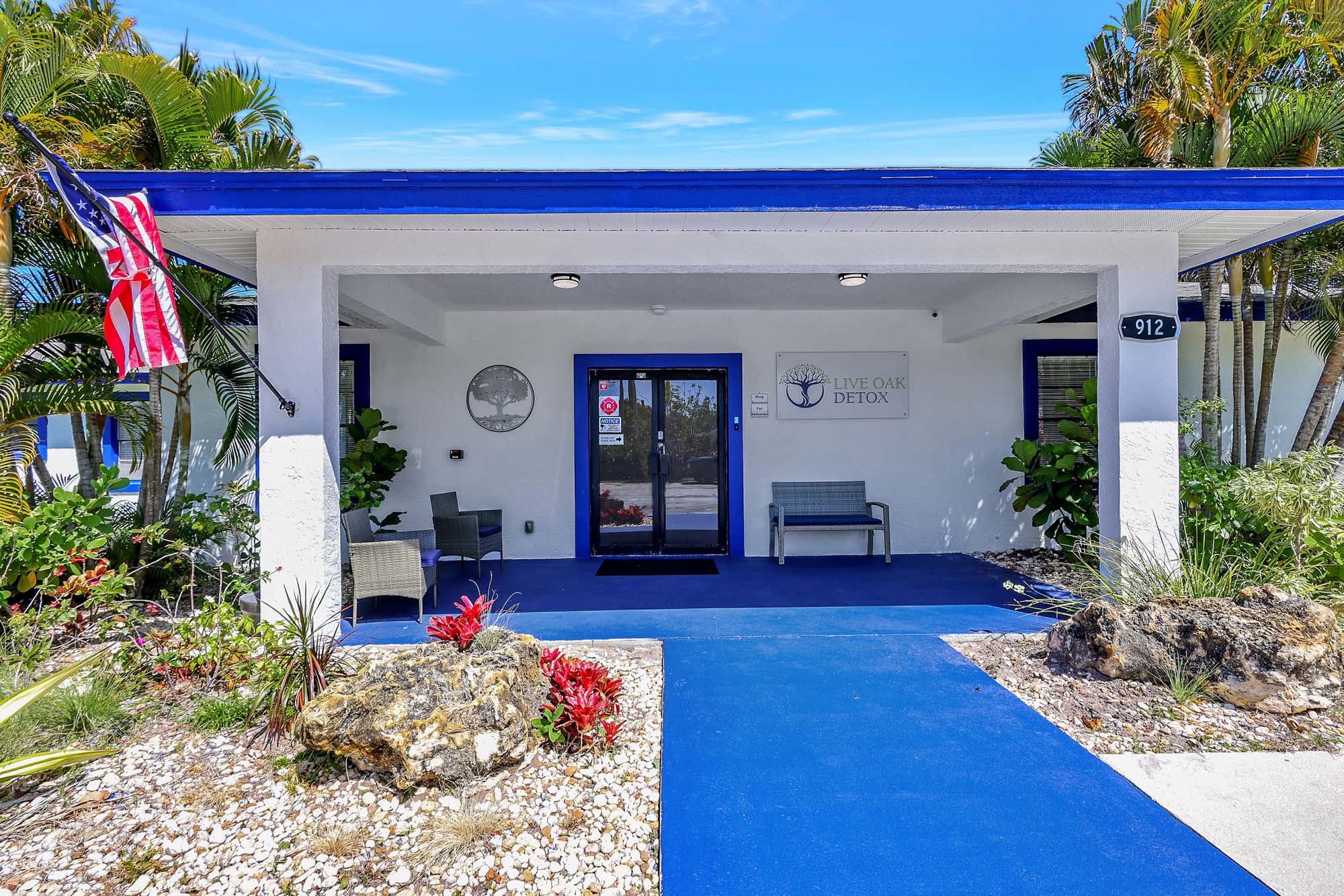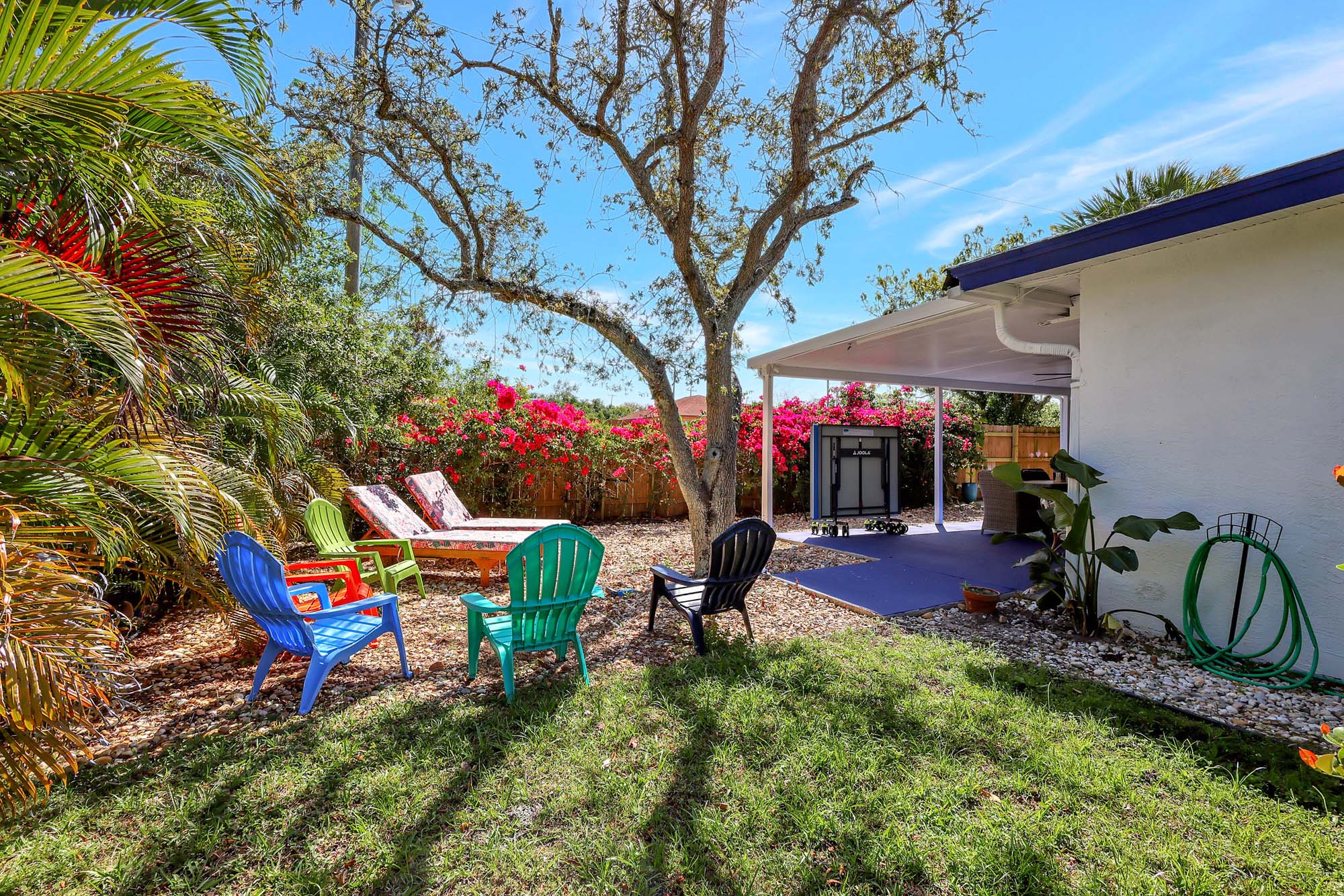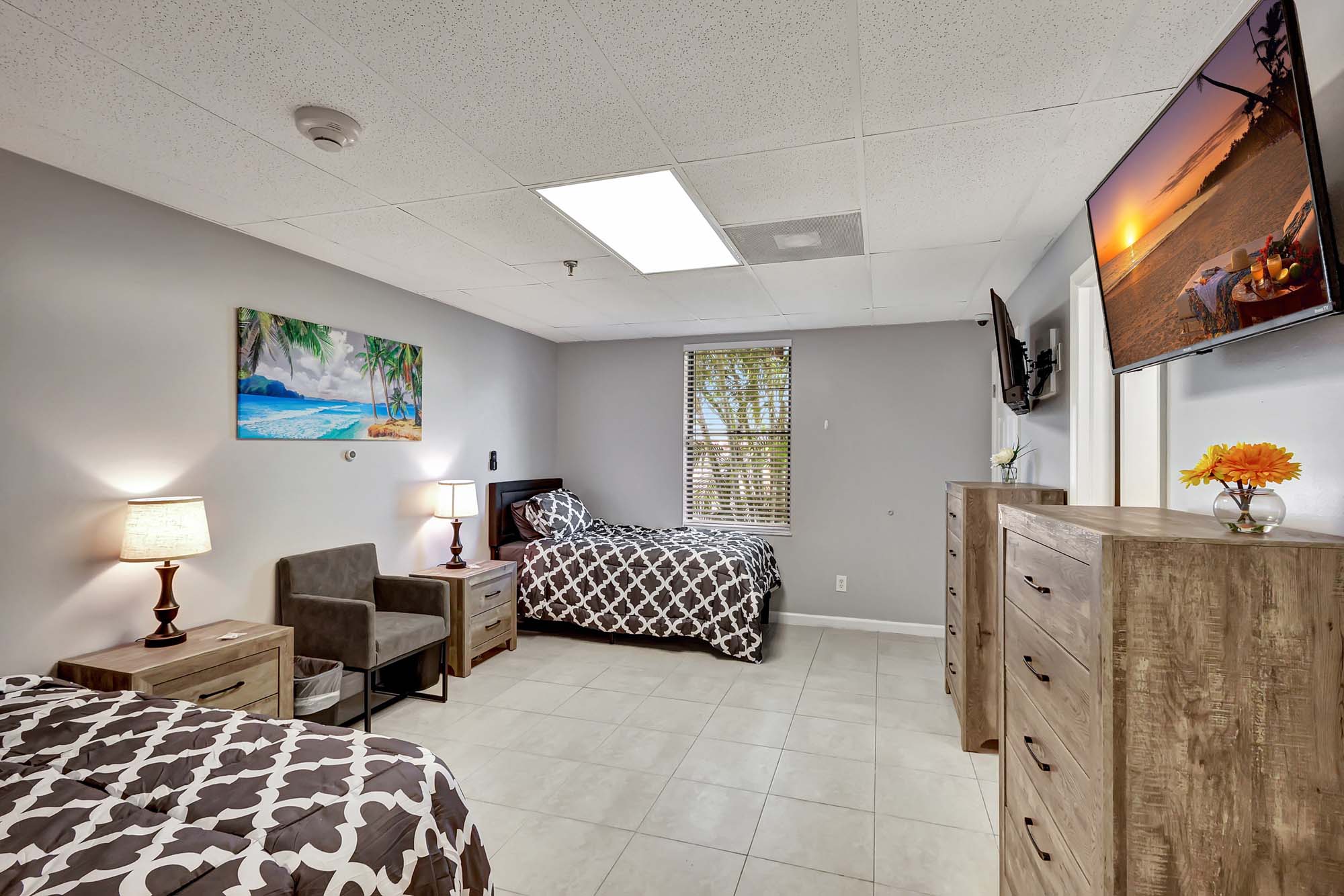Dialectical Behavior Therapy
Comprehensive EDialectical Behavior Therapy for Lasting Recovery
What is Dialectical Behavioral Therapy?
Dialectical Behavioral Therapy (DBT) is a type of therapy that was originally developed to treat individuals with borderline personality disorder (BPD). However, it has also been found effective in treating other mental health conditions, including depression, anxiety, eating disorders, substance use disorders, and post-traumatic stress disorder (PTSD).
What Happens in a Dialectical Behavior Therapy Program?
DBT combines principles from cognitive-behavioral therapy (CBT) with elements of mindfulness and acceptance. It emphasizes teaching patients skills to manage their emotions, improve interpersonal relationships, and develop coping strategies for distressing situations.
Four components of DBT include:
Mindfulness
Distress Tolerance
Interpersonal Effectiveness
Emotion Regulation
DBT typically involves both individual therapy and group therapy components to reinforce and practice skills. The therapist provides validation, support, and guidance while helping the individual work towards creating a life worth living.
DBT for Addiction and Co-Occurring Disorders
Dialectical Behavioral Therapy (DBT) can be a valuable therapeutic approach for individuals struggling with addiction. While DBT was initially developed for individuals with borderline personality disorder, it has been adapted for various conditions and is found to be effective for addiction treatment.
It’s important to note that while DBT can be helpful, it is not a standalone treatment for addiction. It is often part of a comprehensive treatment plan that may include:
Working with a qualified mental health professional who specializes in addiction and DBT is crucial to receiving tailored and effective treatment. Contact us at Live Oak to evaluate if DBT is the right treatment for you!
Seek Long-Term Recovery at Live Oak Detox
Interested in dialectical behavior therapy? The addiction specialists at Live Oak Detox are here to help. We can answer your questions and determine if DBT is the right fit for your treatment needs.
Our comprehensive care supports recovery from addiction as well as co-occurring mental health conditions. To learn more, call us today at (877) 716-4464 or reach out through our online message form.
Alcohol Detox and Rehab Program
Drug Detox & Rehab Program
Admissions
Frequently Asked Questions
What is Dialectical Behavior Therapy (DBT)?
DBT is an evidence-based form of therapy that teaches skills for managing intense emotions, improving interpersonal relationships, reducing self-destructive behaviors, and increasing emotional regulation—supporting healthier recovery outcomes.
How does DBT help with addiction recovery?
DBT helps clients identify unhelpful emotional responses and develop practical coping strategies. These skills reduce impulsivity, improve stress management, and support relapse prevention—especially for people with co-occurring emotional regulation challenges.
Is DBT used with other therapy approaches at Live Oak?
Yes. DBT is integrated with other evidence-based treatment modalities like individual and group therapy, relapse prevention, and cognitive-behavioral techniques to provide comprehensive support for clients in recovery.
Where can I find DBT-based addiction therapy near Fort Pierce, Florida?
Live Oak Detox Center offers DBT as part of its addiction and mental health treatment programs in Fort Pierce, FL. Admissions are available to answer questions and help you get started.
Our Facility in South Florida
Our Location
Live Oak Detox
South Florida
Live Oak Detox is an inpatient substance abuse Detox and residential rehabilitation center
We provide state of the art medical and clinical interventions to bring you the best possible care available today. Call us to find out more.
